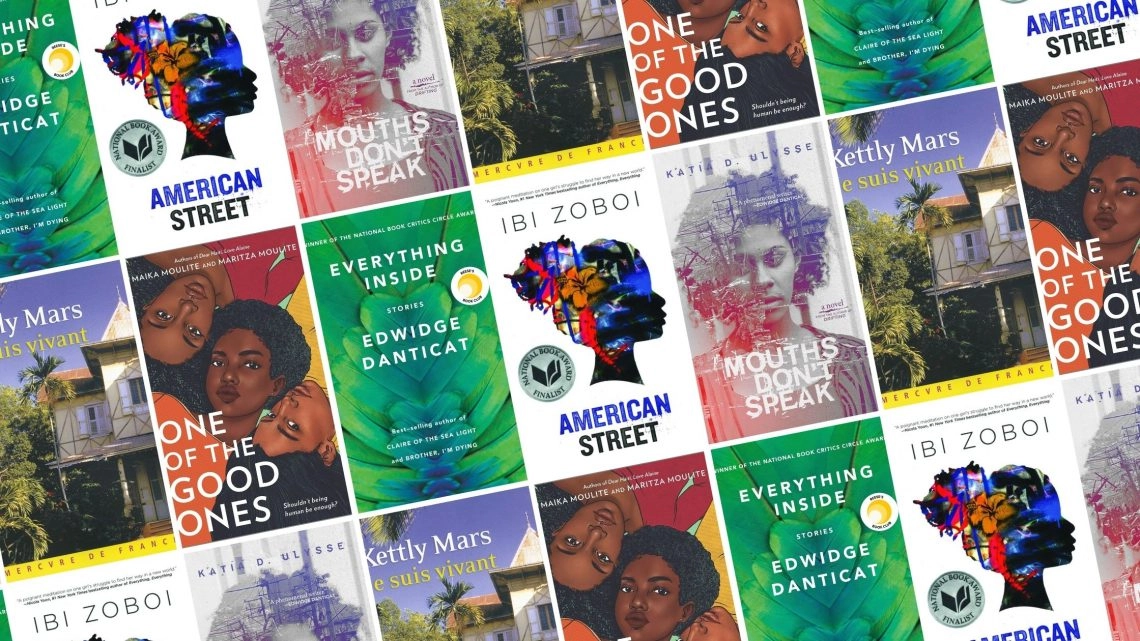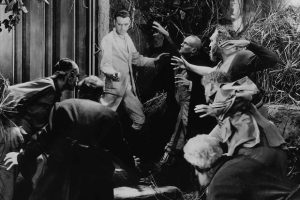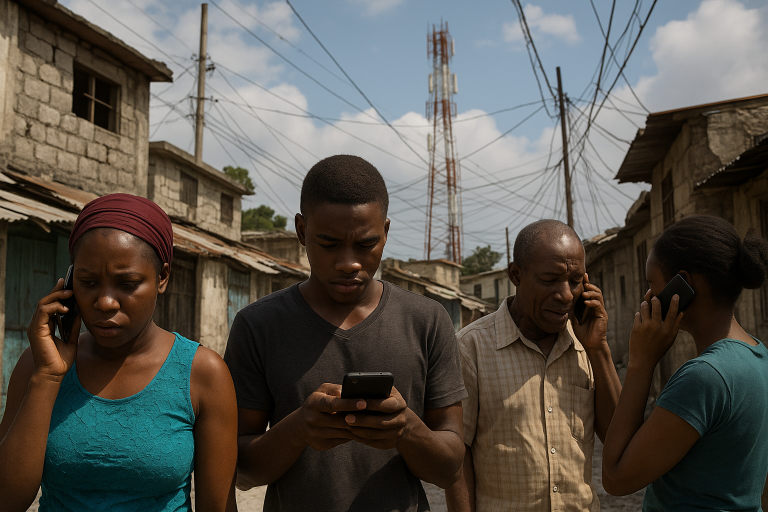A Rich Tapestry of Words
Haiti, a country renowned for its vibrant culture and rich history, has also cultivated a profound literary tradition. This heritage, shaped by groundbreaking Haitian authors, extends beyond the borders of the Caribbean, influencing black literature on a global scale. From the revolutionary fervor of the 18th century to modern reflections on resilience and identity, Haitian writers have wielded their pens as instruments of change, both in their homeland and around the world.
In this journey through Haiti’s literary landscape, we’ll explore the work of influential black authors who have left an indelible mark on literature. Their words capture the essence of Haiti’s struggles and triumphs, speaking to universal themes like freedom, identity, and the relentless pursuit of justice.
The Dawn of a Literary Movement
Haiti’s literary roots stretch back to the Haitian Revolution (1789-1804), an epochal event that resulted in Haiti becoming the first independent black republic. This revolution also ignited a wave of literary expression from black authors. Writers such as Julien Raimond and Vincent Ogé used their words to champion civil rights and the emancipation of enslaved people.
These early Haitian writers laid the foundation for future generations, demonstrating the power of literature as a tool for resistance and liberation. Their legacy continues to inspire writers today, as their revolutionary ideas echo through contemporary narratives of social justice and human dignity.
The Power of Language: Creole vs. French
One of the most distinctive features of Haitian literature is its linguistic richness. While many Haitian authors write in French, there is a growing movement to elevate Haitian Creole as a literary language. This shift marks a broader cultural renaissance that seeks to reclaim Haiti’s identity through its native language.
Creole, with its deep oral traditions, offers a unique way to tell Haiti’s stories. Authors like Oswald Durand and Jacques Roumain have incorporated Creole into their works, creating authentic narratives that resonate with everyday Haitians. This dual-language tradition adds depth to Haiti’s literary landscape, offering diverse voices and perspectives.
The Négritude Movement: A Cultural Awakening
In the 1930s, the Négritude movement arose, celebrating black identity and rejecting colonialist ideals. Haitian authors were integral to this movement, contributing to conversations about race, culture, and belonging.
Frantz Fanon and Aimé Césaire, two key figures of Négritude, called for a renewed appreciation of African heritage. Their works inspired Haitian authors to delve into themes of identity, self-worth, and resistance. This intellectual and cultural awakening not only revolutionized literature but also influenced the political and social consciousness of Haiti and the broader black diaspora.
Trailblazing Haitian Authors
Several Haitian writers have made profound contributions to both national and international literature:
- Jacques Roumain: Best known for his novel Gouverneurs de la Rosée (Masters of the Dew), Roumain’s writing addresses themes of rural life and social justice. His evocative storytelling illustrates the challenges of Haiti’s peasantry, as well as their enduring spirit.
- Edwidge Danticat: A prominent contemporary voice, Danticat’s work explores immigration, family, and cultural identity. Collections like Krik? Krak! offer poignant portrayals of the Haitian diaspora, capturing the heart and soul of Haiti through intimate personal stories.
- Marie Vieux-Chauvet: One of Haiti’s pioneering female authors, Vieux-Chauvet boldly addressed themes like gender inequality and class struggle. Her courageous exploration of social norms paved the way for future women writers in Haiti.
These authors, among others, not only shaped Haitian literature but also contributed to global conversations about race, justice, and identity.
The Role of Women in Haitian Literature
Women have played a vital role in shaping Haiti’s literary heritage. Despite facing political and societal challenges, female authors have emerged as powerful voices advocating for change.
Writers such as Gina Athena Ulysse challenge traditional narratives, focusing on women’s experiences and resilience. Through their works, these authors highlight the strength and endurance of Haitian women, reminding readers that hope can thrive even in the darkest of times.
Contemporary authors like Yanick Lahens have garnered international acclaim, weaving stories that explore history, memory, and identity. Lahens’ novels offer insights into Haiti’s complex social fabric, while celebrating the power of women’s perspectives in literature.
Literature as Resistance
Throughout Haiti’s history, literature has served as a form of resistance. Whether under dictatorships, facing political repression, or enduring natural disasters, Haitian writers have used their craft to challenge authority and advocate for social justice.
During the brutal Duvalier regime (1957-1986), many authors faced imprisonment or exile due to their outspoken views. Despite these risks, writers like Jacques Stephen Alexis continued to use literature as a weapon against oppression, often at great personal cost.
Today, Haitian authors continue to address critical social issues through their work. Their writing not only confronts harsh realities but also inspires hope for a more just and equitable future.
Global Impact of Haitian Literature
Haitian literature has long transcended borders, influencing authors worldwide and connecting black voices across the globe. During the Harlem Renaissance, a cultural movement that celebrated African American art, Haitian writers gained recognition among American audiences. Figures like Langston Hughes forged bonds with Haitian authors, illustrating the shared struggles of black people fighting against racism and colonialism.
This global literary exchange continues today, as readers seek out diverse voices from around the world. Haitian literature stands as both an inspiration and a rallying cry for freedom and justice.
Honoring Haiti’s Literary Legacy
Haiti’s literary legacy is a treasure trove of stories that reflect its people’s struggles, resilience, and hopes for a brighter future. From early revolutionary writers to contemporary voices, Haitian authors have used literature to fight for freedom and to celebrate cultural identity.
By continuing to support and celebrate Haitian authors, we ensure that their voices will be heard across the world, inspiring future generations to fight for justice and equality.












Add a comment